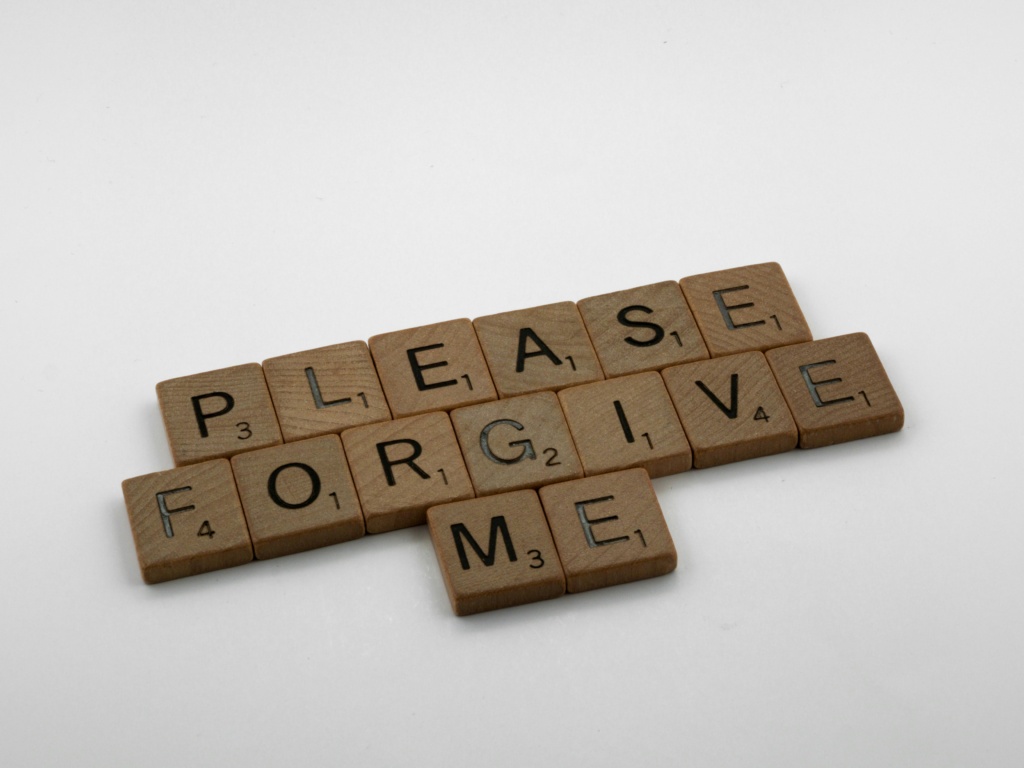We are grateful once again to have guest author Jamie Palmer, a retired Licensed Clinical Professional Counselor with over 40 years of experience in the field of psychology, join us today. We hope you enjoy her words!
Why is it so hard for some people to say, “I’m sorry”? Only two little words, yet some will draw their last breath without ever having uttered them. Our childhood experiences play a significant role in shaping our ability to apologize and handle emotions.
The Origins of Avoidance Behavior
From our earliest moments, we could sense changes in our parents’ emotions. Unable to understand language, we relied on our senses. If our parents were frustrated or mad, we experienced fear and agitation. As we grew older, we developed ways to escape these negative feelings, leading to a long and rocky relationship with avoidance behavior.
Survival Mechanisms and Avoidance
Anger often signals danger, prompting survival mechanisms to protect us. These mechanisms, rooted in early mankind’s need to survive threats, include the fight or flight reaction. Modern man has developed more subtle ways of self-protection, including avoidance. Avoidance of responsibility manifests in various forms, from delaying decisions to blaming others for our mistakes.
The Fear of Vulnerability
Why can’t we admit our mistakes and simply say, “I’m sorry”? For some, the thought of being vulnerable paralyzes us. We fear losing power or being less well-regarded. Avoidance helps protect us from hurt, shame, guilt, and the consequences of our actions. But it’s only a temporary fix, as the problems persist and adversely affect our relationships.

Changing Perceptions of Apologies
It’s time to change our perception of apologies. Admitting mistakes and saying, “I’m sorry”, takes courage, confidence, and integrity. It’s speaking from a place of strength and compassion, acknowledging regrets while finding peace with ourselves.
Dealing with Unforgiving Types
Apologizing to unforgiving individuals can be challenging. But, despite potential hurtful reactions, forgiving yourself, offering a humble apology, and learning from our mistakes is empowering. Most mistakes happen unintentionally, and it’s essential to realize that errors are part of being human.
Moving Forward with Humility
For serious transgressions, a simple apology may not be enough. However, the same principles apply: forgive yourself, admit mistakes, learn from them, focus on those you’ve hurt, and make amends if possible. By doing so, we become stronger and more humbled individuals.
As Alexander Pope said, “To err is human, to forgive, divine.” Let’s embrace our humanity, forgive yourself, seek forgiveness from others, and move forward with humility. Here’s to health, happiness, and the strength found in admitting our mistakes.


We are not forgiven unless we are truly sorry.